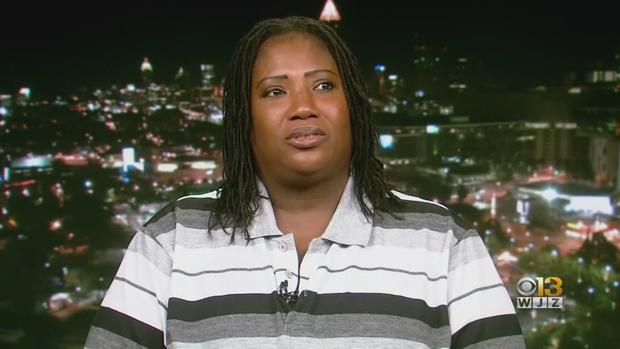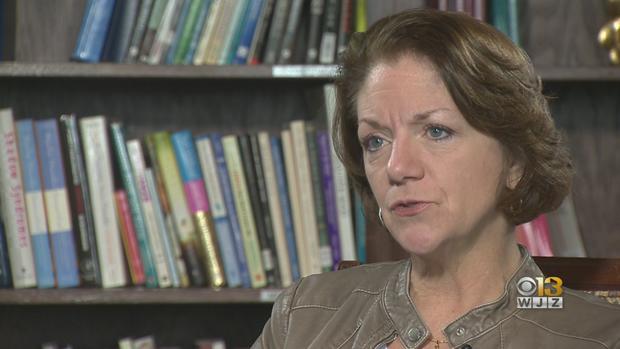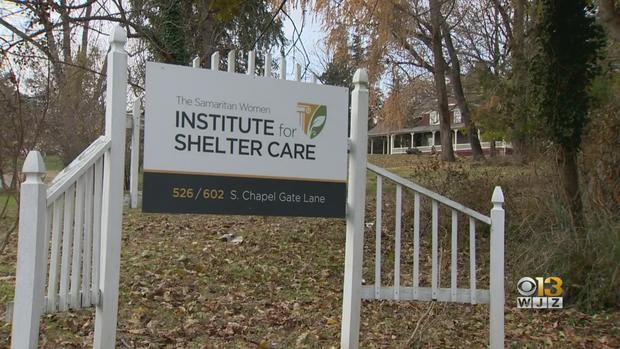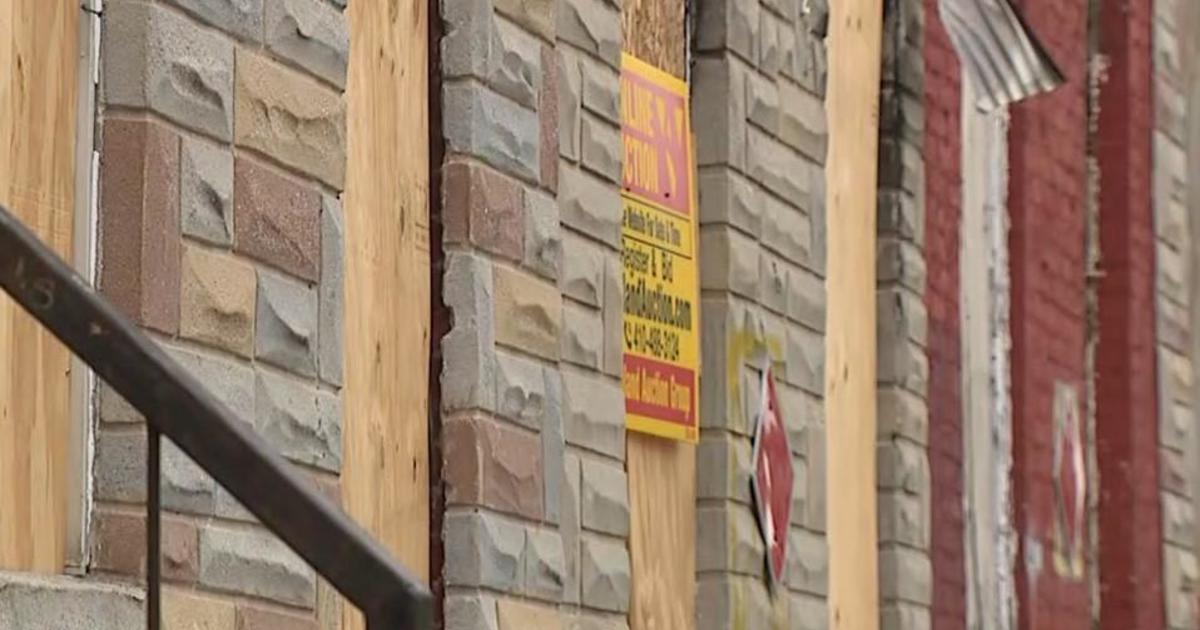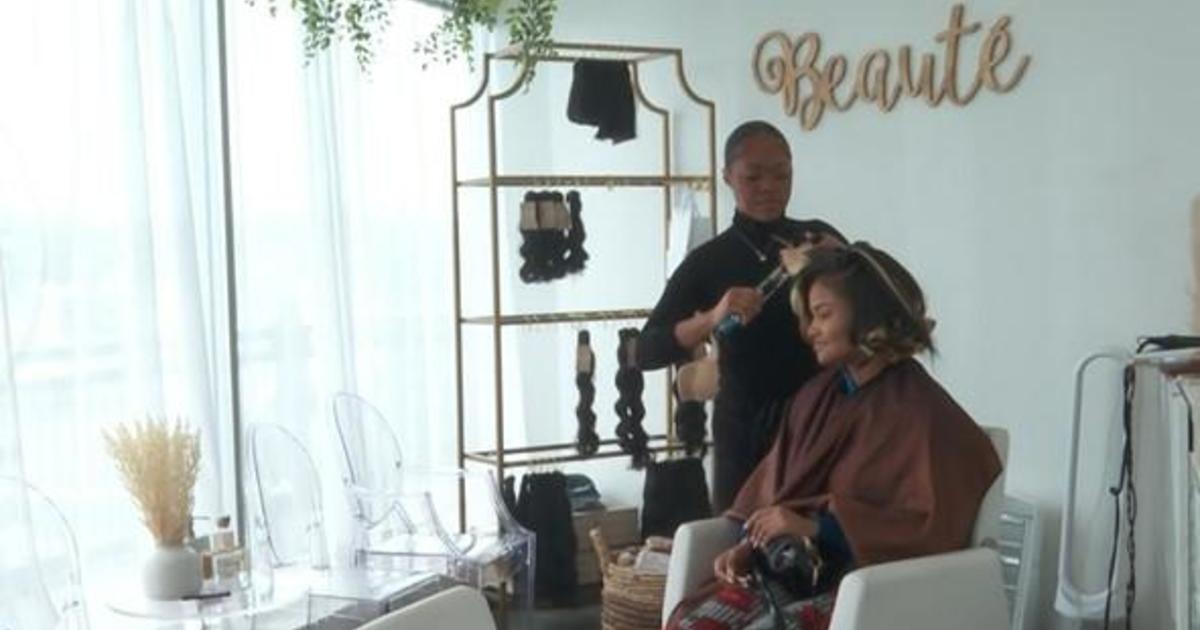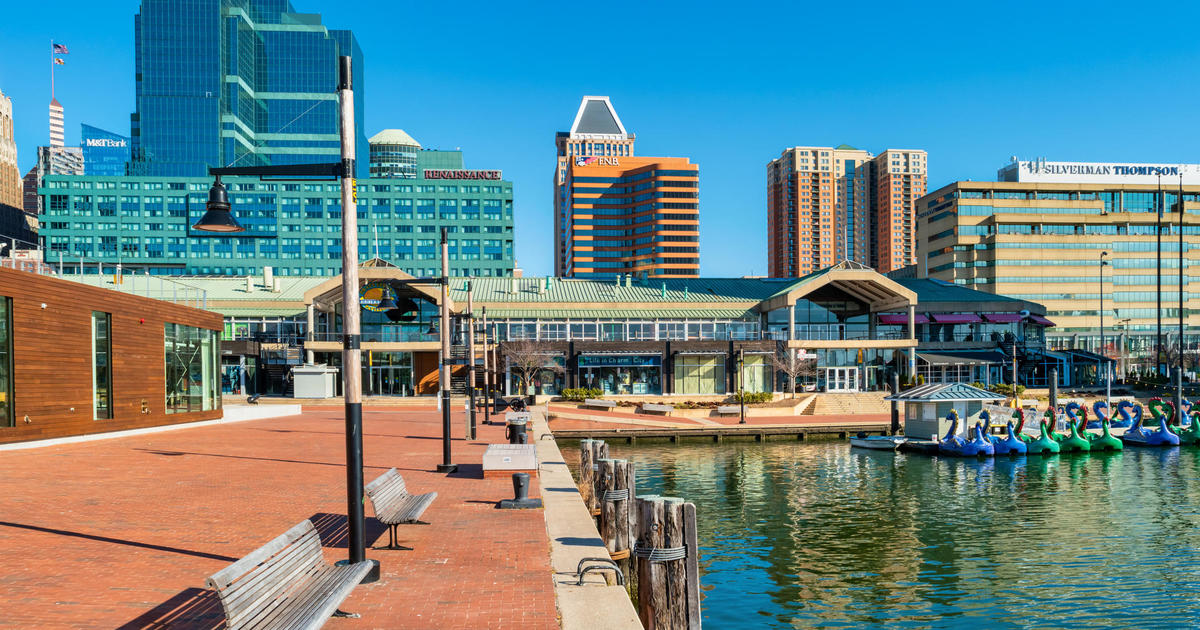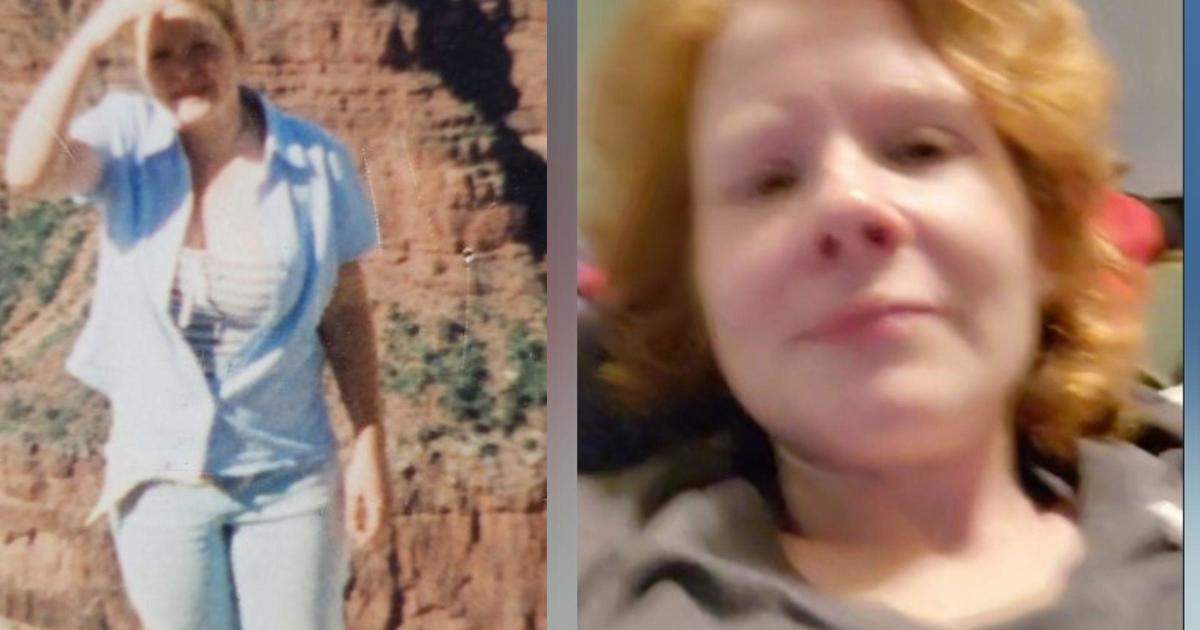This Baltimore Shelter Is Helping Survivors Of Sex Trafficking Heal From The Trauma, Find A New Life
BALTIMORE (WJZ/CNN) -- A one-of-a-kind shelter in Baltimore, Maryland is helping women heal after years of abuse. The women are all survivors of sex trafficking, a growing problem nationwide and right here in our neighborhoods.
Their stories are real, their memories are haunting and reliving their old self can be agonizing.
Despite the pain, they are finding a way to a new life -- and learn to find strength in the pain they experienced.
"There's still a little piece of her inside of me," said Gaby, a survivor of sex trafficking. "I keep her there so I can never get caught up like that again."
For Gaby, it's time to shed light on an issue she said has been in the dark far too long.
"I feel so strong about the fact that it's being neglected," she said. "That's why I'm sitting here with my face exposed and putting a face on it."
Like the survivor's story from the second part of our series, this young mother found herself a prime victim of sex trafficking. It was something her boyfriend drew her into.
RELATED STORIES:
- A Massive Criminal Enterprise Is Hiding In Plain Sight; Sex Trafficking Is A Million Dollar Business
- Sex Trafficking Survivor Says Man She Loved Sold Her To Dozens Of Men A Day: 'I Thought I Was Going To Die'
- Sex Traffickers Don't Just Target Runaways; They Could Be Talking To Your Child On Their Phone
- Recognizing The Signs Of Human Trafficking
"I can't say there was a certain point on when it started, it just kind of happened and I was oblivious to it because he was in my head," Gaby said. "He could've told me zebras were purple and I would've believed him, it was that serious for me."
Essentially, she was being pimped out by her boyfriend.
"What kept me in the relationship was that I loved him and also there was fear because he was violent," she added.
But for both of these women, it's a place in Baltimore called the Samaritan Women's Shelter that pulled them out of hell.
"It's critical because the women come with nothing," said Jeanne Allert. "You have to keep that in mind."
Allert, the executive director of The Samaritan Women shelter, has seen it all.
Rick Ritter: Maybe we're not grasping just how big of a problem this is right now?
"We're challenged by the fact that we really can't," Allert said. "It's not as quantifiable. There's not a census for this type of activity. It's underground, often hidden in plain sight."
The women who come through their doors are at rock bottom and hoping to be transformed.
"I would say 80 percent have substance abuse issues," she said.
"I've yet to meet a girl who wasn't beaten. It's trauma upon trauma, we are starting to do more work with traumatic brain injuries, because these girls get hit in head a lot," Allert said. "I would say number 1 priority we provide is dental for survivors, because they get hit in the face so much."
The Baltimore shelter reinstalls life in these survivors, providing care, proper treatment, food, counseling and even a pathway for education.
"All of them you know are coming in with years and years of pain and you have to be willing to sit with that and be patient," Allert continued, "separating them from thoughts behaviors that kept them in the relationship, is first and foremost. Sometimes that is geographical separation or cutting off people who are toxic in their life. We have to tend to pouring in new thoughts, new behaviors, new relationships."
It's the only shelter of its kind in Maryland and completely funded by grants and donations.
"We identified as of October 2019, there are 13 states that have no shelter like ours and 10 states that only have 1," she said.
Rick: What goes through your mind? I think 13 states and i'm thinking thousands of girls without resources they need?
Jeanne: That is absolutely correct.
It's a place that shows these women their true worth and one that doesn't come with a price tag.
"I'm so used to someone coming and taking from me and I owe them something," said a Maryland victim. "She wants nothing except to give you freedom, life, love and success -- and that is priceless."
"I am eternally grateful for TSW," said Gaby. "if it hadn't been for TSW, I would still be in the midst of all that was wrong with my life."
Rick: Without that program, without that lifeline, where do you think you'd be today?
Victim: I'd be dead or I'd be in prison, because without her, I know I wouldn't have made it.
Allert said the program got to a point where 80 percent of women were not only in college, but on the honor roll as well.
They strictly run on donations and volunteers and need all of the funding they can get.
For more information on how to help, click here.
This story is part of a three-day investigation on WJZ. Vic Carter and Rick Ritter investigate the criminal enterprise hiding in plain sight in our neighborhoods -- sex trafficking. Watch the series here.
To request help or report suspected human trafficking, call the National Human Trafficking Hotline at 1-888-373-7888 or text "help" to BeFree (233733).
